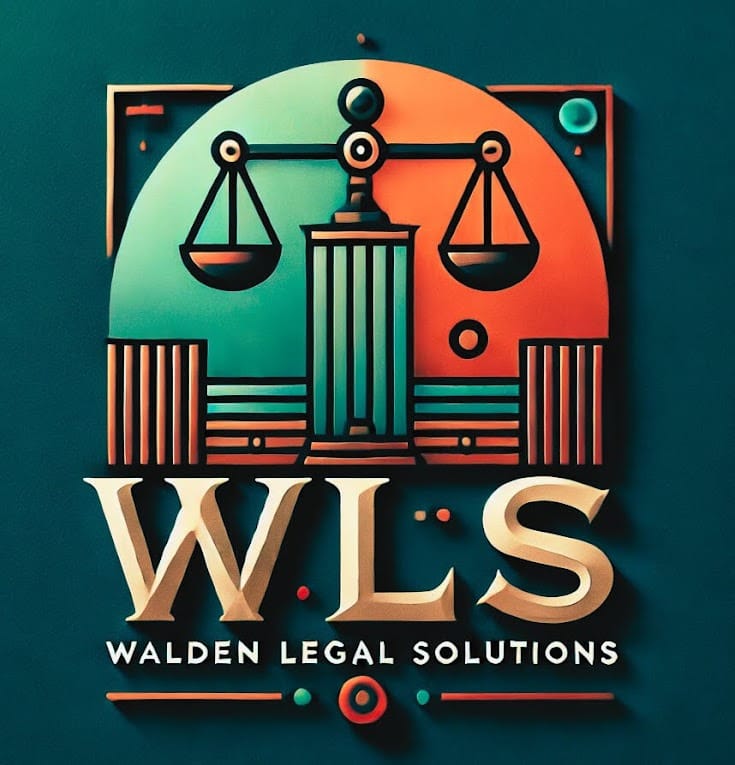What Happens to Child Support Arrears in Bankruptcy?
If your ex-spouse has filed for bankruptcy and owes you child support arrears, you may be wondering whether you’ll still receive the payments owed to you. The good news is that child support arrears are considered a priority debt and are not dischargeable in bankruptcy. Here’s what you need to know:
Child Support Is a Priority Debt
Child support is one of the debts that cannot be discharged in either a Chapter 7 or Chapter 13 bankruptcy case. This means you are entitled to receive the arrears owed to you, but the method of payment may vary depending on the circumstances.
What Happens in Chapter 13 Bankruptcy?
In a Chapter 13 bankruptcy case, the debtor creates a repayment plan to pay off certain debts over 3-5 years. Child support arrears are treated as a priority debt, meaning they must be paid in full during the life of the repayment plan. Here’s how it works:
- Proof of Claim:
- To collect child support arrears through the bankruptcy plan, a creditor (in this case, the Child Support Enforcement (CSE) agency) typically needs to file a Proof of Claim.
- In Kansas, the Bankruptcy Trustee often goes out of their way to notify the CSE agency about the bankruptcy filing to ensure child support issues are addressed.
- Income Withholding Orders (IWO):
- If an Income Withholding Order was already in place, it may temporarily stop due to the automatic stay in bankruptcy. However, the IWO can be reissued to continue payments.
- Review the Plan: If it appears that child support is not being addressed in the repayment plan, it’s important to contact the CSE agency to confirm that enforcement is still active.
How Chapter 7 Bankruptcy Affects Child Support Arrears
- Not Dischargeable: Unlike unsecured debts like credit cards or medical bills, child support arrears cannot be wiped out in Chapter 7 bankruptcy. You must continue to pay these arrears in full.
- Automatic Stay Exception: While the automatic stay in Chapter 7 bankruptcy temporarily halts most collection actions, it does not apply to child support obligations. This means:
- Wage garnishments for child support can continue.
- Other enforcement actions, such as income withholding orders (IWO), remain active.
- Trustee’s Role: The bankruptcy trustee will ensure that your case complies with federal bankruptcy laws, but they will not interfere with child support enforcement.
What Should You Do?
- Check the Plan: Review your ex-spouse’s Chapter 13 plan to ensure child support arrears are included.
- Contact CSE: If you have concerns that child support is not being enforced, reach out to the Kansas CSE agency for clarification.
- Keep Records: Ensure you keep copies of all notices and communications related to the bankruptcy case and child support enforcement.
Important Notes
- Automatic Stay: While the automatic stay in bankruptcy may pause some collection activities, child support obligations are not subject to the stay and must continue to be paid.
- CSE Attorney: Only a CSE attorney can determine whether a Proof of Claim should or needs to be filed. Contact them if you have any concerns about your case.
Why You Should Consult an Attorney
Navigating bankruptcy law and ensuring child support arrears are properly addressed can be complex. At Walden Legal Solutions, we provide personalized guidance to protect your rights and ensure you receive the support owed to you.
Schedule your stress-free consultation today!



